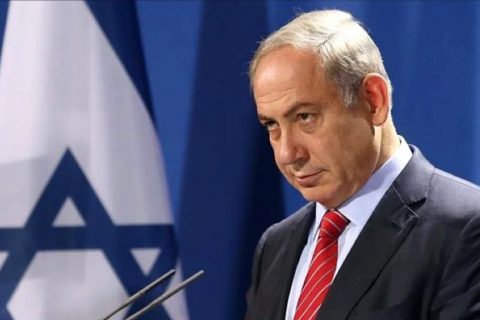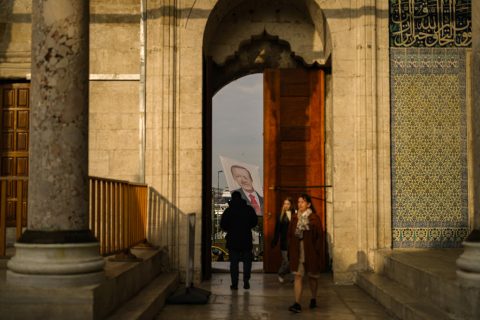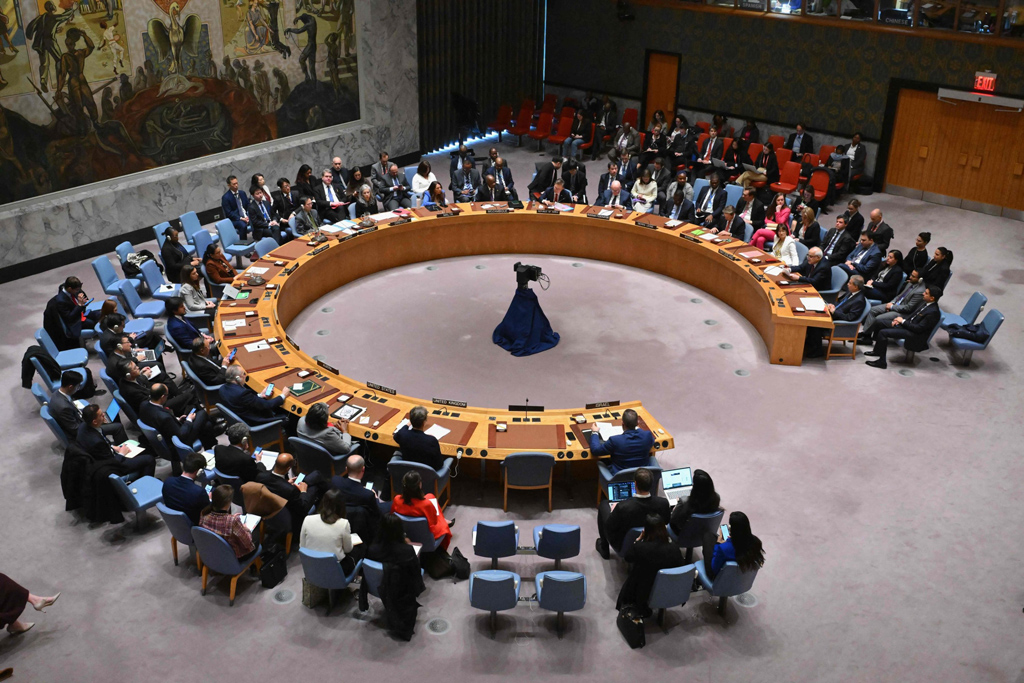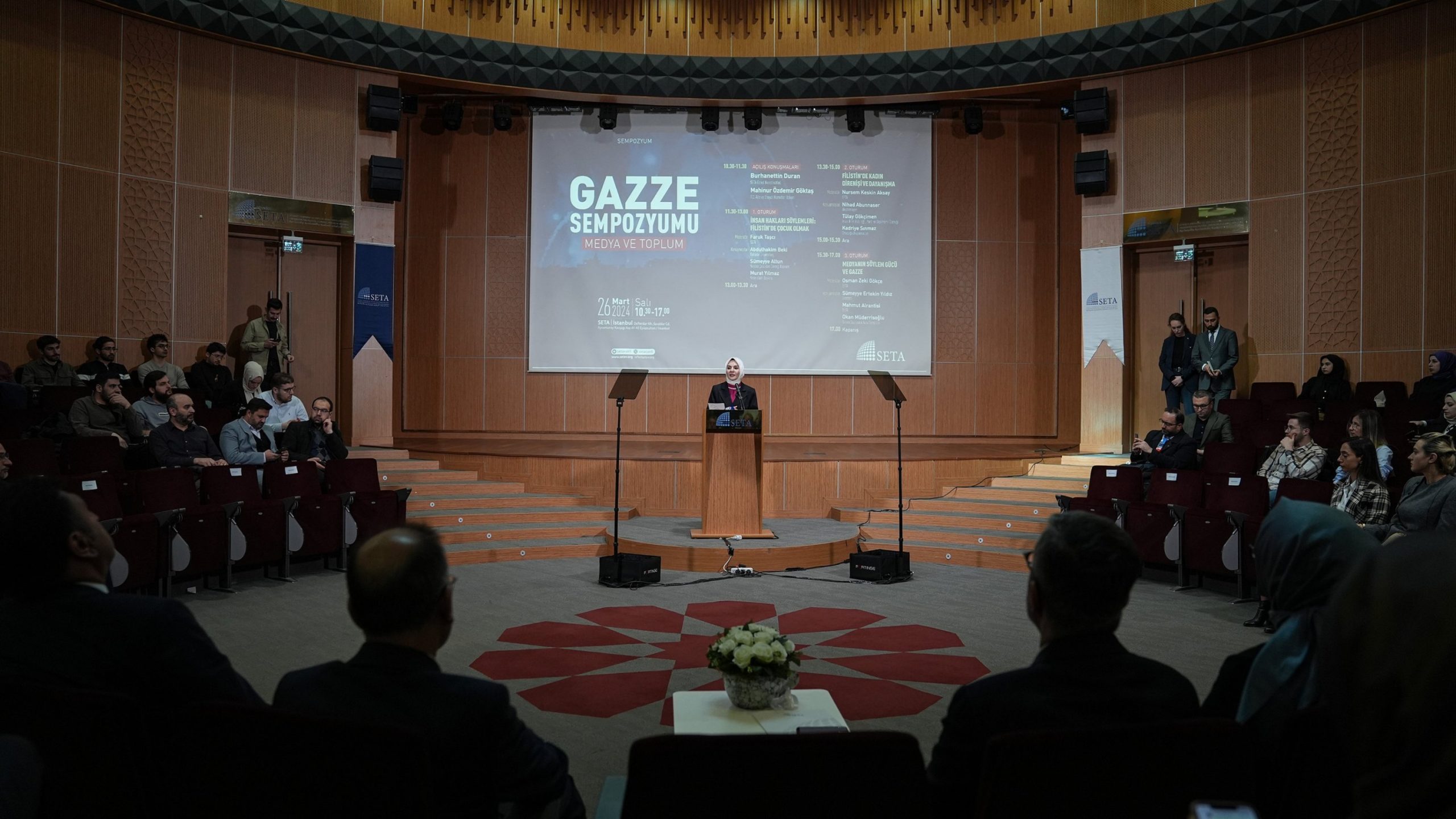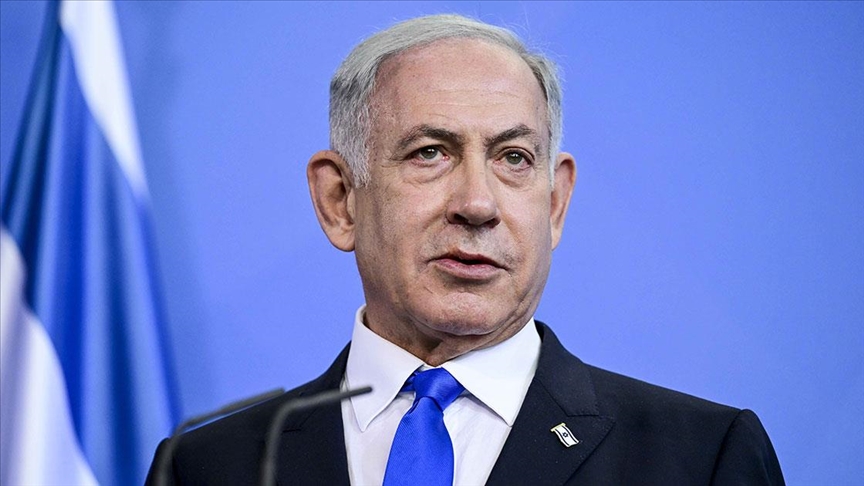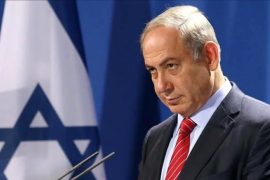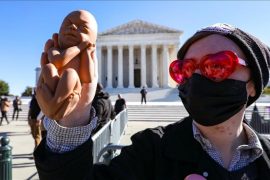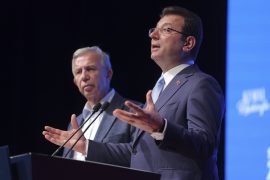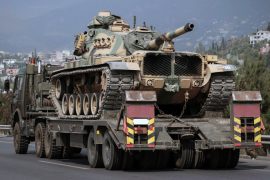Palestine
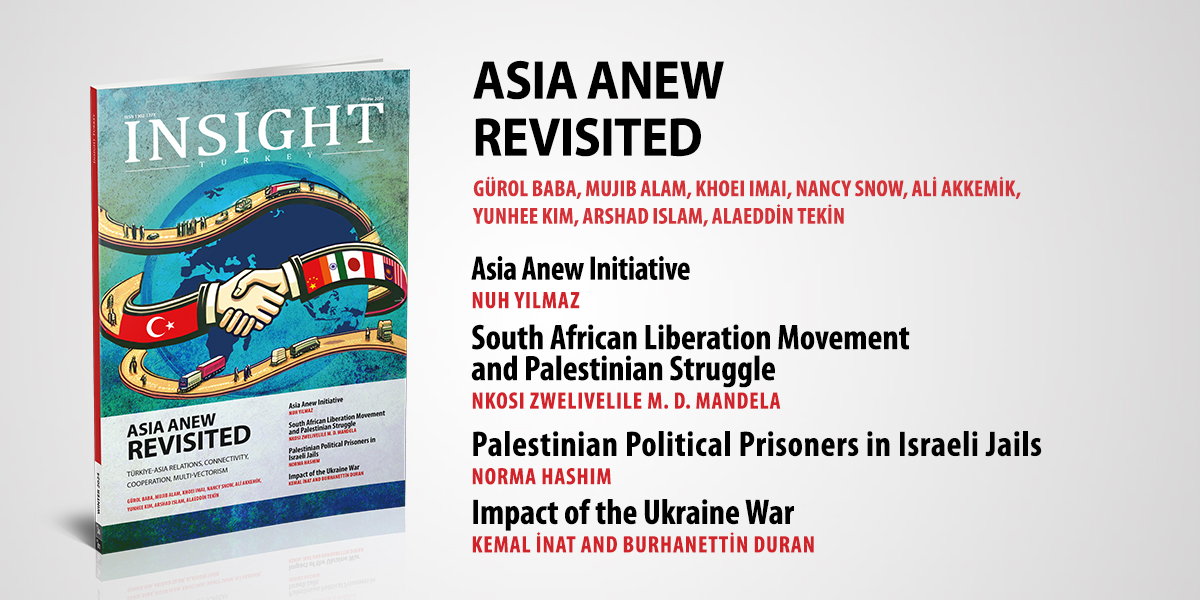
Insight Turkey Publishes Its Latest Issue “Asia Anew Revisited”
| NewsWe are pleased to announce that the inaugural edition of Insight Turkey for 2024 has …
-
Opinion
Netanyahu’s Iran card…
By Kadir ÜstünIn response to Israel's striking of Iran's consulate in Syria, Ayatollah Khamenei's statement of "retaliation will be given" has heightened the possibility of the regional proxy war escalating into direct conflict. Since October 7th, Netanyahu has been attempting to expand the conflict by targeting Hamas and Shia militia objectives in both Beirut and Syria. The relatively controlled continuation of the "regional war" relied on Iran and Hezbollah refraining from militarily supporting Hamas. However, Khamenei's remarks suggesting that striking the Iranian consulate would mean targeting Iranian soil have also put Washington on high alert.
-
Opinion
Israel’s 2 grave mistakes that put its Western allies in hot water
By Muhittin AtamanThe latest developments in Gaza have forced many states to reconsider their policies toward Israel’s genocidal attacks, the suffering of the people of Gaza and the resistance of the Gazan people, which will continue to shape not only regional but also global politics.
-
Opinion
Unpacking the AK Party’s 2024 electoral setback
By Murat YeşiltaşOn March 31, the local elections profoundly transformed the landscape of Turkish politics. For the first time since its ascendancy in 2002, the Justice and Development (AK Party) concluded the elections as the runner-up, marking a significant shift in the nation’s political dynamics.
Bu Konuda Daha Fazla
-
Did Biden abandon Israel at the UN General Assembly?
By Kadir ÜstünThe 'immediate ceasefire resolution' issued by the United Nations General Assembly (UNGA) due to the United States' abstention indicates that the Biden administration's political pressure on Israeli Prime Minister Netanyahu persists. Despite the White House emphasizing that the decision is not binding and that there are no changes in policy, Netanyahu canceled the visit of the delegation he planned to send to Washington immediately after the UNGA decision. The fact that the Biden administration, which has been diplomatically protecting Israel with its veto power since October 7th, chose to abstain this time suggests that the crisis in bilateral relations has reached its peak. While Netanyahu may lean towards Trump, who has advocated for ending the conflict, Trump's remarks have increased American pressure.
-
Will Israel implement the UNSC Gaza cease-fire resolution?
By Muhittin AtamanThe United Nations Security Council (UNSC) has passed a resolution demanding an immediate cease-fire in Gaza for the month of Ramadan. The 14 members council members voted in favor of the resolution, which was proposed by the 10 elected members of the council. Only the United States abstained from the vote. After the vote, there was an unusual round of applause in the council chamber, showing how much the international community wants the bloodshed to end.
-
SETA symposium in Istanbul highlights Gaza crisis
By SETAThe Foundation for Political, Economic and Social Research (SETA) hosted the "Gaza Symposium: Media and Society" in Istanbul.
-
Significant momentum in Turkish foreign policy
By Burhanettin DuranTürkiye’s foreign policy has been gaining momentum in recent months as a series of developments bolster each other, taking place in quick succession.
-
The Netanyahu predicament among Israel’s allies in Washington
By Kadir ÜstünIn 2015, Netanyahu came to Washington to dynamite Obama's deal with Iran and made a speech in Congress. Obama was trying to delay Congress's new sanctions to make a nuclear deal with Iran. Netanyahu accepted the invitation of Republicans in the House of Representatives and did not coordinate his visit with Obama's White House. Netanyahu's speech at the session, attended by both wings of Congress, was repeatedly applauded. Netanyahu, who tried to end Obama's nuclear talks with Iran by imposing sanctions on Iran by Republicans and some Democrats in Congress, failed. Vice President Biden, who sat behind Netanyahu during his speech to Congress, seems to be facing a similar Netanyahu problem these days.
